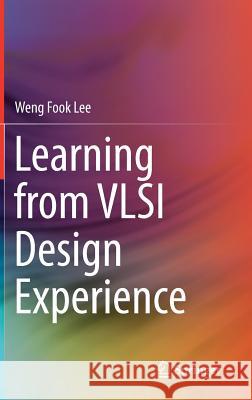Learning from VLSI Design Experience » książka
topmenu
Learning from VLSI Design Experience
ISBN-13: 9783030032371 / Angielski / Twarda / 2019 / 214 str.
Kategorie:
Kategorie BISAC:
Wydawca:
Springer
Język:
Angielski
ISBN-13:
9783030032371
Rok wydania:
2019
Wydanie:
2019
Ilość stron:
214
Waga:
0.52 kg
Wymiary:
23.39 x 15.6 x 1.6
Oprawa:
Twarda
Wolumenów:
01
Dodatkowe informacje:
Wydanie ilustrowane











